Iraq Photographs
On this day in 1958 a coup d’état, took place in Iraq, resulting in the overthrow of the monarchy in Iraq that had been established by King Faisal I in 1921. As a result, the Iraqi republic was established. I’m not qualified to comment upon the political ramifications of that event and the subsequent years of Iraqi history, but I thought I would use this commemorative day to show some of the photographs that we have of Iraq taken shortly after. These photographs were taken by John Cecil Cloake on a diplomatic visit in 1966.
John Cecil Cloake was born in Wimbledon, London, England in 1924. He was educated at King’s College School and served in the Royal Engineers in India and Japan during and after World War II. After the war he completed his education, studying History at Cambridge University. In 1948, Cloake joined the Foreign Office and served in various countries for the next 30 years. Whilst on his postings he took photographs and some of his albums were kindly donated by his son, John N. Cloake, in 2016.
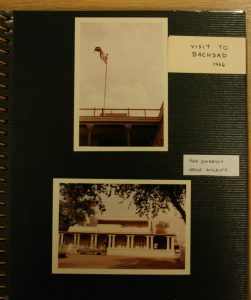
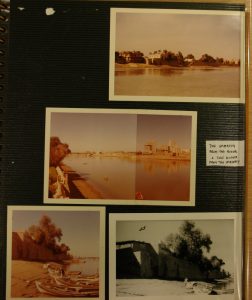
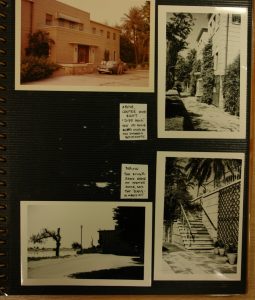
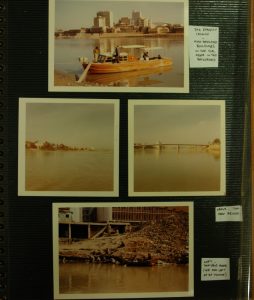
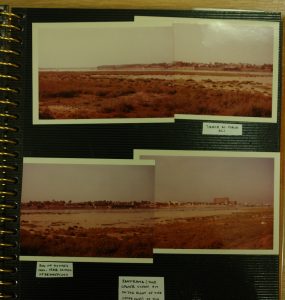
If you wish to view these photos or others in the John Cecil Cloake collection, we are beginning to re-open the Reading Room after this period of lockdown. Full details of how to book to use the collections can be found here.
~ ~ ~ ~
We finish this week’s blog post with another insight into the creating of a Journal article. This week Isha Dubey writes about the motivation for her article, Between ‘Everyday’ and ‘Extraordinary’: Partition, violence and the communal riots of 1946 in Bihar:
This article is a modified and much revised version of the one of the chapters from my doctoral thesis on Urdu-speaking Muslims who migrated to what was then East Pakistan from the Muslim-minority provinces of India, specifically Bihar.
The themes of collective violence, identity politics and the question of agency (or the lack of it) in how communal violence is written about, remembered and made sense of, that the article deals with also inform my larger doctoral and post-PhD research agenda. The article is a contribution to the already robust scholarship on the Partition and argues for analyzing and understanding partition-related communal violence beyond the lens of exceptionalism. Such an approach would take us closer to answering the question of “why do people behave the way they do?” in instances of riots and to deconstruct the idea of the “mob” that partakes in the violence.
My interest in the topic stems from an engagement the complex relationship between history as it is written and the past as it is remembered – either in the archive, the memories of people or nations or in traces and sites that become the carriers of a certain narrative of what happened. This is reflected in the specific focus, within my work, on migration, violence and nation-making – all of which manifest forward and backward linkages that are essentially mnemo-historical in nature.

Isha’s article can be accessed on Cambridge Core along with other articles from our Journal.
